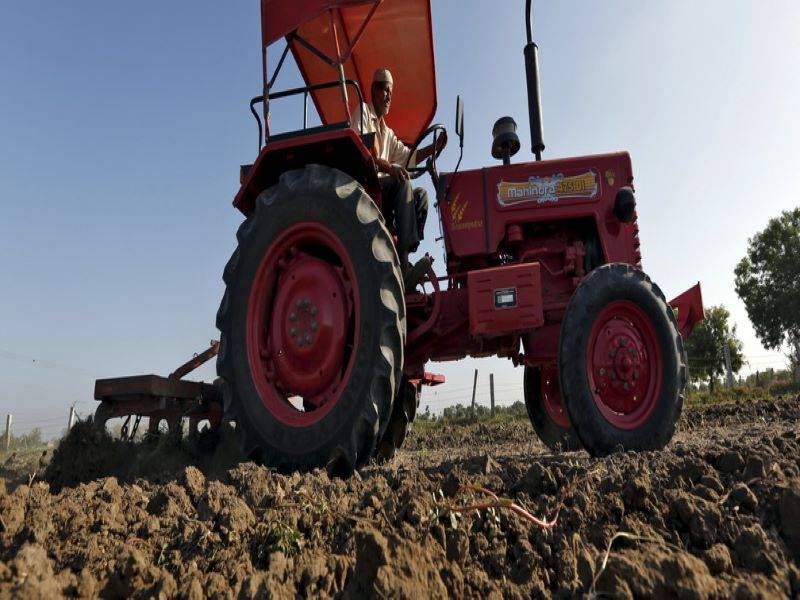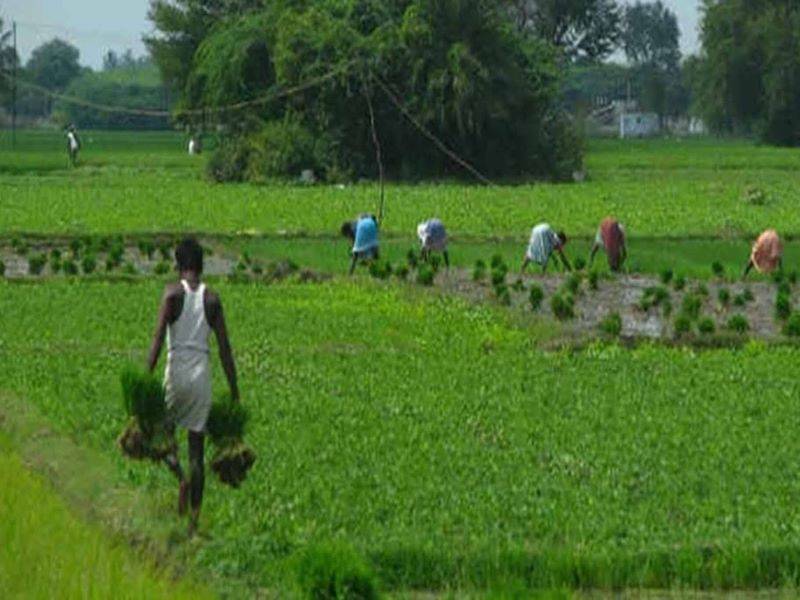
In a country like India with a population of nearly 135 crores, farmers are facing many challenges due to the complex agricultural chain. The integration of farming with digitalization is today’s demand. Use of sensor technologies and application methods is necessary to optimize the farming and production process.
Along with conventional farming practices, it has become the need of the Indian farming community to get updated with modern world technologies. And with this COVID-19 pandemic, it has become even more important. Speaking about figures, since 2015, the value created agriculture machinery all over the world came from software, electronics, and sensors. It is really necessary for Indian farmers also to adapt this digitalization concept as it can lead to efficient and productive farming with more accuracy.
Use of Technologies like Artificial Intelligence, Remote sensor technology, Automated Steering systems, Soil analysis sensors, Field robots and drones, Data-driven targeted application of fertilizers and pesticides, Cloud computing systems, etc. are gaining momentum in the farming sector worldwide.
For small and medium farmers, the start can be small, but it’s necessary to be implemented. The use of smartphones supporting GPS systems can ease the flow of information in the farming chain and can be the first step in increasing productivity. And this will also open the way to digital markets and selling at better costs and use of digital modes of payment.
Lack of information leads to many losses suffered by farmers, whether it’s about climatic conditions or any major crop loss or any unpredictable situation. But the implementation of information technology systems will make farmers to come in the position to remain pre-planned about any hardship. Implementation of Internet facilities and getting online knowledge about pre and post-harvest care can also help farmers by giving relevant information.
Technology also plays an important role in removing many bottlenecks of productivity by giving information about overall crop production including crop disease management, pest control measures, maintaining soil health, etc.
After the implementation of the above technologies in farming, farming can catch a new pace and farmers’ life can also catch a new pace. Then after, we can move towards the second step of digitalization in farming.

Moving towards the next step i.e. the concept of “Smart farming” and “Precision farming.” Precision farming is an agricultural concept which involves the use of new production methods and management methods. New technologies and their applications help in optimizing production process and improve growth. Precision farming can also give cost efficiency. Smart farming or Digital farming refers to the application of information technology for optimizing all complex farming systems. Adaption of this ensures an efficient production process. Farmers can also access real-time data about what’s going on the farm and all machines are also interconnected.
On the whole, it can be concluded that all this can lead to improvement in Block chain management, Supply chain management. Artificial Intelligence and Digitalization will lead to increase in farmers’ productivity. Overall farmers will get customized solutions based on their farming conditions including soil health, variety sown, crop’s sowing date.
News Source- ET










